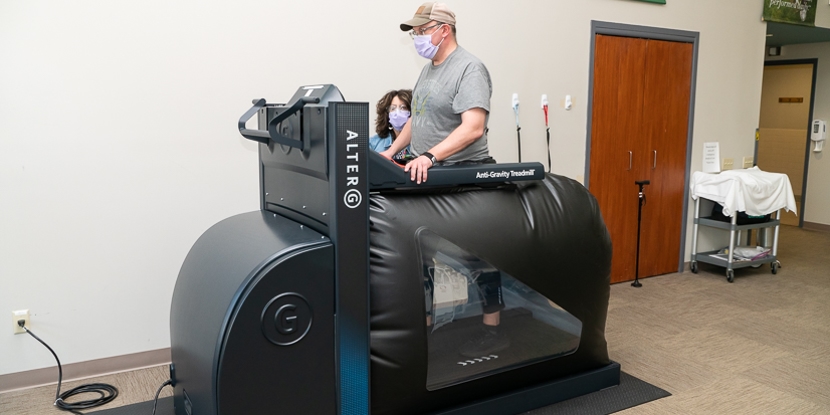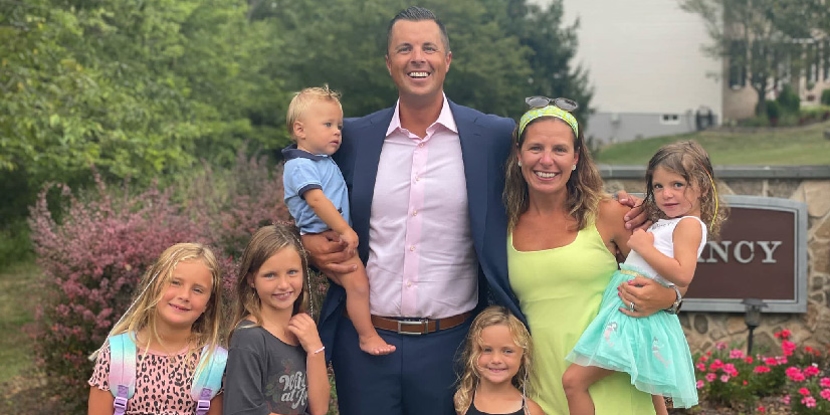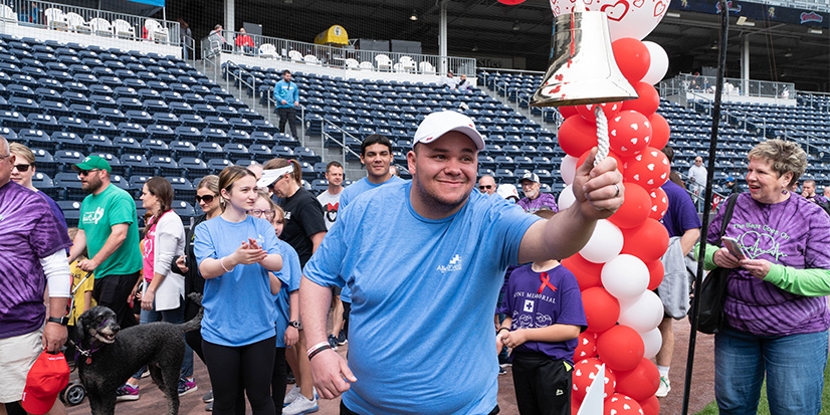Charlotte's Story
- Author: Charlotte L
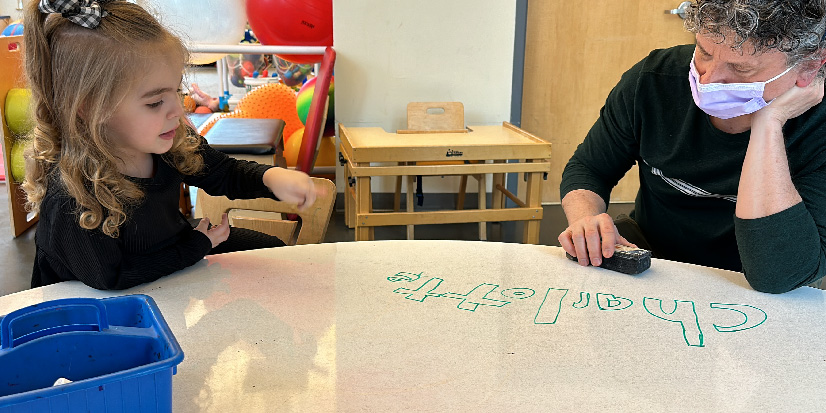

“Around the age of 2, I noticed she wasn’t meeting certain language milestones like her peers - that’s when she was diagnosed with Developmental Language Delay (DLD), and she started speech therapy at Allied Services shortly after that,” shared Charlotte’s mother Stacie as we met at Allied Services John P. Moses Pediatric Rehab Center in Scranton.
“Our first goal was for her to verbalize her needs. It started with her being able to point out the things she needed. Now she has no issue telling everyone what she needs! As she continues to reach milestones, her goals with Lynne (Allied Services speech pathologist Lynne Duncan, MS, CCC/SLP) continue to change.”
Developmental Language Disorder
Developmental language disorder (DLD) is a communication disorder that interferes with learning, understanding, and using language. Other conditions, such as hearing loss, autism, or other extenuating circumstances, do not explain these language difficulties. A child with DLD often has a history of being a late talker (reaching spoken language milestones later than peers). Although some late talkers eventually catch up with peers, children with DLD have persistent language difficulties.
Undiagnosed language difficulties may be misinterpreted as behavioral issues. For example, a child who struggles with language may avoid interactions, leading others to think that the child is shy. A child may not follow directions because they don’t understand the instructions, but others may interpret this as misbehavior. A child who struggles to communicate may become frustrated and act out. When a child struggles at home or in school, it is important to determine if language difficulties are part of the problem.
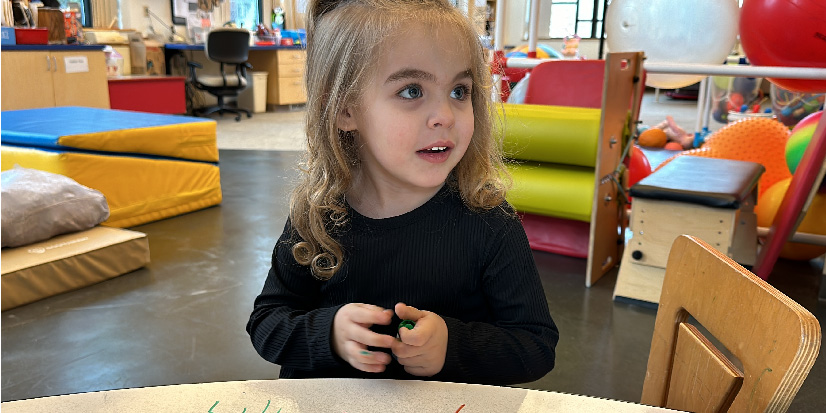
Developing Language Skills for Life
“Charlotte was 26 months old when she began therapy. At that time, she was non-verbal. We worked on establishing yes/no; identification of common objects, and we introduced some basic sign language to help her express her wants and needs. This reduced her frustration with communication, and before you knew it, she progressed to using single words, phrases, sentences, and so on.” - Lynne Duncan, MS, CCC/SLP
“Charlotte’s family followed through on all the provided home activities. They were instrumental in transferring goals to the home. Today, Charlotte is a vibrant 5-year-old with a dynamic personality! She can now not only express her specific wants and needs, but she also uses her language to comment and question!”
“Our work now focuses on fine-tuning her language skills. Keeping her focused on the task/topic in conversation. Also, answering complex ‘wh’ questions. I could not be more proud of Charlotte!!”
DLD is a very broad category, with some children having mild problems that respond well to intervention while others have severe and persistent difficulties with both understanding and expression. Some language problems will persist or cause difficulties at significant times throughout their school-age years. This is because DLD is a life-long disorder, but with appropriate intervention and family support, thriving and having success during these years can be achieved.
“As we get ready for kindergarten, Lynne recommended some occupational therapy (OT) as Charlotte sometimes has a hard time focusing. So, Charlotte recently started OT with ‘Mr. Joe’ (Allied Services Occupational Therapist Joseph Schuster, OTR/L). They're working on those finer points of focus and attention and ideas to maintain her attention when she does start school - but she's meeting her goals quickly with him, and he doesn't expect her to be in the OT program for long.” commented Stacie.
“She certainly has come a long way from where she began.”
Sustaining Pediatric Services - with YOUR help.
Each year, Allied Services provides:
- 29,784 pediatric therapy appointments.
- 8,524 hours of treatment to children on Medical Assistance.
- Services for 1,200 children in the Wyoming Valley.
Each year, the Pediatric Program in Scranton and Wilkes-Barre provides life-changing care to children, many of whom are underinsured or uninsured. Sustaining costly services and ensuring access to care for children in our area has become increasingly challenging due in part to escalating healthcare expenses and restrictive reimbursement rates. The extraordinary annual expenses incurred by the program place these vital pediatric services at risk in the future.

